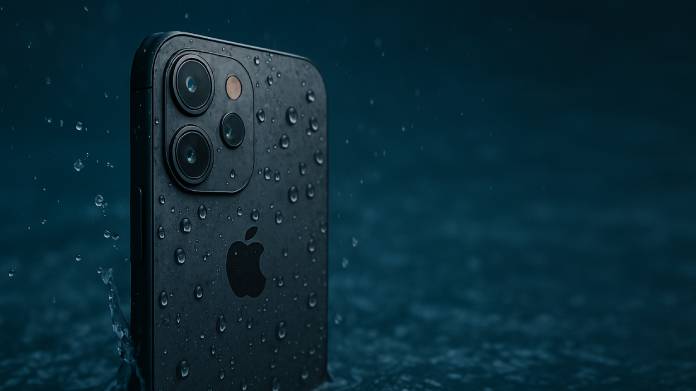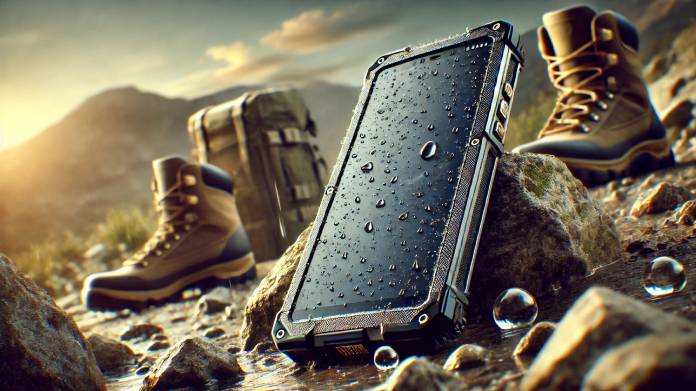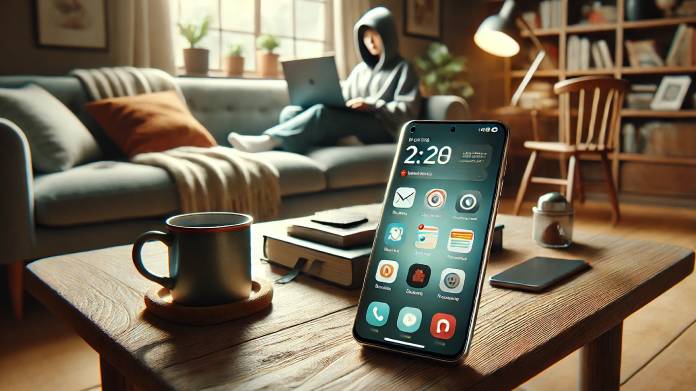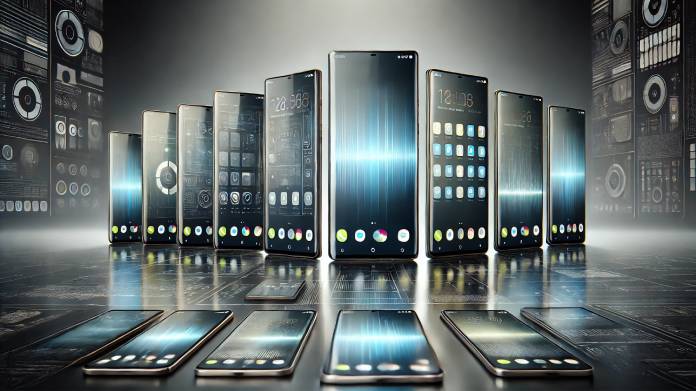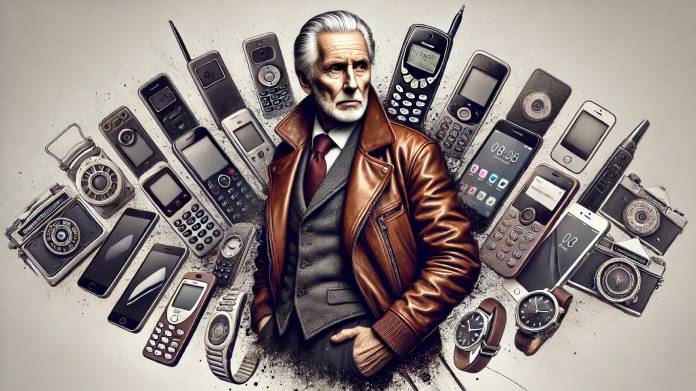
Who Invented the First Mobile Phone?
January 12, 2025Let’s dial back the years—long before our smartphones started doubling as our photographers, personal assistants, and occasionally our chefs (hello, recipe apps). The invention of the mobile phone was a groundbreaking leap into the future of communication. But who had the bright idea to untether us from the confines of landlines and give us the freedom to chat from practically anywhere?
In this blog, we’ll uncover who invented the mobile phone, how mobile phones work, and whether having a mobile phone near baby’s head—or even near your head—is safe.
So, grab your slim smartphone or nostalgic flip phone and let’s take a walk down wireless memory lane.

How the Mobile Phone was Invented: “Beam me up Scotty!”
Martin Cooper, a Motorola engineer and self-confessed Star Trek fan, took inspiration from the show’s iconic ‘communicator’. In 1973, he made the first mobile phone call on a device that could be mistaken for a brick! The DynaTAC 8000X—lovingly nicknamed “The Brick,” was massive, weighed over a kilogram, and needed 10 hours of charging for just 30 minutes of talk time!
Cooper’s vision wasn’t just technical; it was philosophical. As he said, “People don’t want to call cars, houses, or offices; they want to call people.” And with that, the mobile phone transformed from science fiction into groundbreaking reality.
Fast forward to today, and mobile phones are much more than just calling devices. They’ve become our calendars, cameras, and even calorie trackers. Need directions? Your phone’s got you covered. Want to connect with family overseas? It’s a tap away. Mobile phones have become so central to our lives that some might say we’re all suffering from mobile phone addiction!

How a Mobile Phone Works
Have you ever wondered how your mobile phone manages to keep you connected while you’re on the move? It’s not magic. Mobile phones use a network of hexagonal cells with base stations that send and receive signals. Think of it as a relay race: your voice travels as a radio wave, passing from tower to tower until it reaches its destination. This innovation not only made mobile phones portable but also revolutionized global communication .
Is There a Risk?
Of course, not all mobile phone inventions come without concerns. From having a mobile phone near baby’s head to questions about mobile phone effects on brain health, the safety of our favorite gadgets is still a hotly debated topic. Some research raises concerns about radiation and even speculates whether mobile can cause cancer. While no definitive conclusions exist (yet), it’s always wise to use hands-free options or limit prolonged exposure near your head.
Why the Mobile Phone is Important
Today, mobile phones are more than just communication tools—they’re essential to modern life. Whether you’re navigating a city, capturing memories, or staying entertained with memes, these devices are vital. But there’s a flip side: the rise of mobile phone addiction. Studies show that many of us spend over 30% of our waking hours on our phones. (Guilty as charged, right?).

Who Ya Gonna Call? (And Text, Stream, or Game?)
In the ‘80s, the iconic Ghostbusters tagline asked, “Who ya gonna call?”—a question that the mobile phone helped answer in style. By the 1990s, the technology had evolved with texting, smaller designs, and even games like Snake. The 2000s brought us iconic cell phones that we still reminisce about today. (Check out my blog, “Top 10 Iconic 2000s Cell Phones That Defined a Generation,” for a dose of nostalgia.)
Final Thoughts
Martin Cooper’s first mobile phone call wasn’t just a technological milestone—it was a bold declaration of what the future could hold. Today, billions of people rely on mobile phones for everything from work to play, and the evolution continues. Whether you’re using the latest smartphone or holding onto your retro Nokia, remember: your mobile phone is part of a legacy that started with a dream of unshackling communication from wires.


